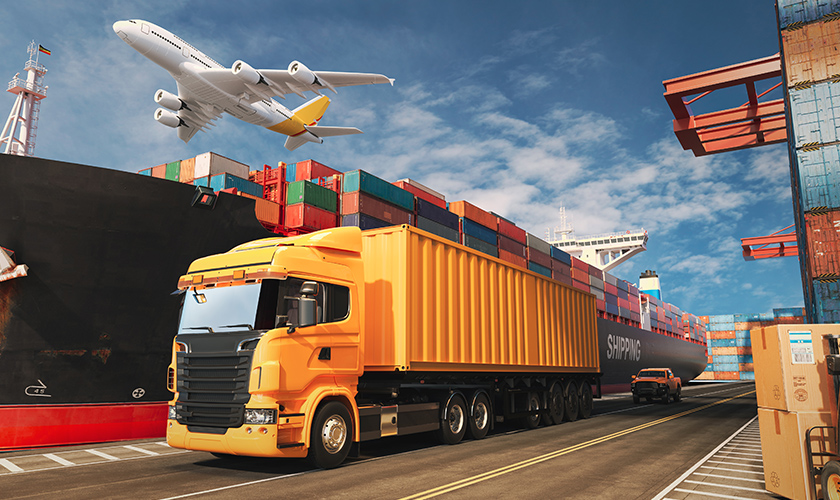In today’s rapidly evolving global marketplace, the demand for efficient logistics delivery solutions has never been greater. With supply chains becoming increasingly complex and interconnected, businesses worldwide are facing the challenge of ensuring uninterrupted flow of goods. This challenge has been further compounded by the emergence of disruptions such as natural disasters, geopolitical tensions, and global health crises. However, amidst these challenges, pioneering logistics companies have stepped up to provide innovative solutions that keep supply chains moving seamlessly. One of the key strategies adopted by these companies is the integration of advanced technologies into their logistics operations. Leveraging technologies such as artificial intelligence, big data analytics, and Internet of Things IoT, logistics firms are able to optimize routes, track shipments in real-time, and predict potential disruptions. For example, AI-powered algorithms can analyze vast amounts of data to identify the most efficient routes, taking into account factors like traffic patterns, weather conditions, and fuel consumption. This not only reduces delivery times but also minimizes costs and environmental impact.

Furthermore, the use of IoT devices enables logistics companies to monitor the condition of goods throughout the entire supply chain journey. Temperature-sensitive products, for instance, can be equipped with sensors that alert operators if there is any deviation from the required temperature range, ensuring that goods arrive at their destination in optimal condition. Similarly, GPS tracking allows for precise location monitoring, providing customers with real-time visibility into the status of their shipments. Another key aspect of pioneering logistics delivery solutions is the emphasis on sustainability and environmental responsibility. With growing concerns over climate change and environmental degradation, there is a growing demand for eco-friendly transportation options. In response, logistics companies are investing in alternative fuels, electric vehicles, and other green technologies to reduce their carbon footprint. By transitioning to cleaner energy sources and optimizing delivery routes, these companies are not only reducing emissions but also lowering operating costs and enhancing their brand reputation.
Moreover, the cargo companies in manila has highlighted the importance of agility and resilience in supply chain management. In the face of lockdowns, border closures, and disruptions to global trade, logistics firms have had to adapt quickly to ensure the continued flow of essential goods. This has led to the adoption of innovative solutions such as contactless delivery, remote monitoring, and digital documentation. By embracing digitalization and automation, logistics companies are able to minimize physical contact, streamline processes, and maintain business continuity even in the most challenging circumstances. Collaboration is also a key driver of success in the logistics industry. Recognizing that no single company can address all the challenges on its own, logistics firms are forming strategic partnerships and alliances to leverage each other’s strengths and resources. This collaborative approach not only fosters innovation but also enhances efficiency and flexibility in responding to changing market dynamics. By working together with suppliers, carriers, and technology providers, logistics companies are able to create end-to-end solutions that meet the evolving needs of customers.